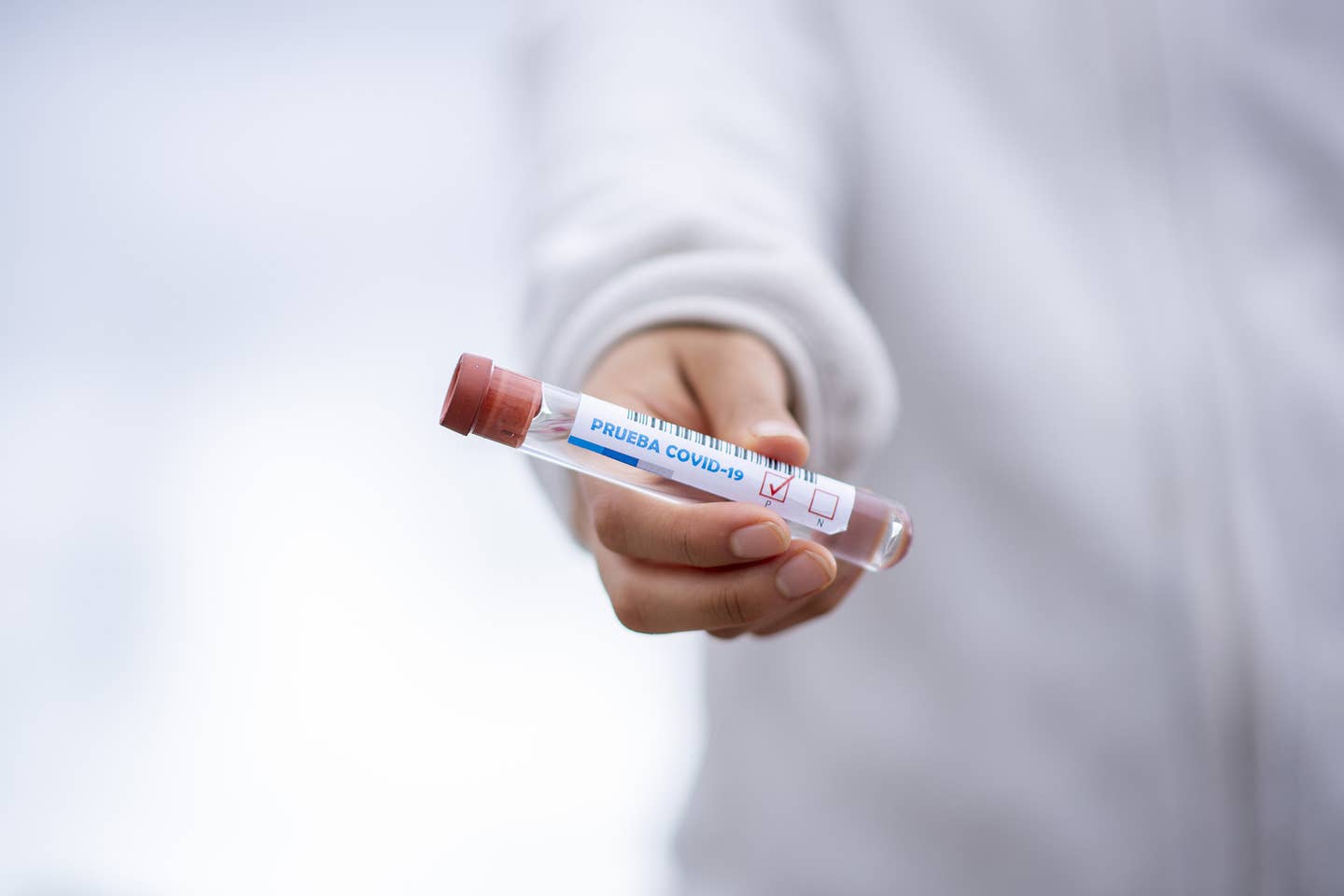
Certain COVID-19 test kits targeted for home use can be utilized by general aviation crews and passengers arriving from international destinations. fernandozhiminaicela/Pixabay
The Centers for Disease Control will allow certain COVID home-testing kits for general aviation international arrivals, following a request from a consortium of GA user groups. The National Air Transportation Association (NATA), Aircraft Owners and Pilots Association (AOPA), and National Business Aviation Association (NBAA) submitted the request for use of some home testing kits and received the new CDC guidance on May 7, 2021.
According to an NATA press release, “Currently, international passengers must show a negative COVID-19 result within 72 hours prior to boarding an aircraft destined for the US. The results must come from an authorized testing center and laboratory to ensure the result matches the passenger and is entered into appropriate tracking systems.”
Specifically, the home test must meet the following criteria, and aircraft operators must ensure the following:
“International air passengers traveling to the United States can use a self-test (sometimes referred to as home test) that meets the following criteria:
“The test must be a SARS-CoV-2 viral test (nucleic acid amplification test [NAAT] or antigen test) with Emergency Use Authorization (EUA) from the US Food and Drug Administration (FDA).
“The testing procedure must include a telehealth service affiliated with the manufacturer of the test that provides real-time supervision remotely through an audio and video connection. Some FDA-authorized self-tests that include a telehealth service may require a prescription.
“The telehealth provider must confirm the person’s identity, observe the specimen collection and testing procedures, confirm the test result, and issue a report that meets the requirements of CDC’s Order.
“Airlines and other aircraft operators must be able to review and confirm the person’s identity and the test result details. The passenger must also be able to present the documentation of test results to U.S. officials at the port of entry and local/state health departments, if requested.”

Subscribe to Our Newsletter
Get the latest FLYING stories delivered directly to your inbox






